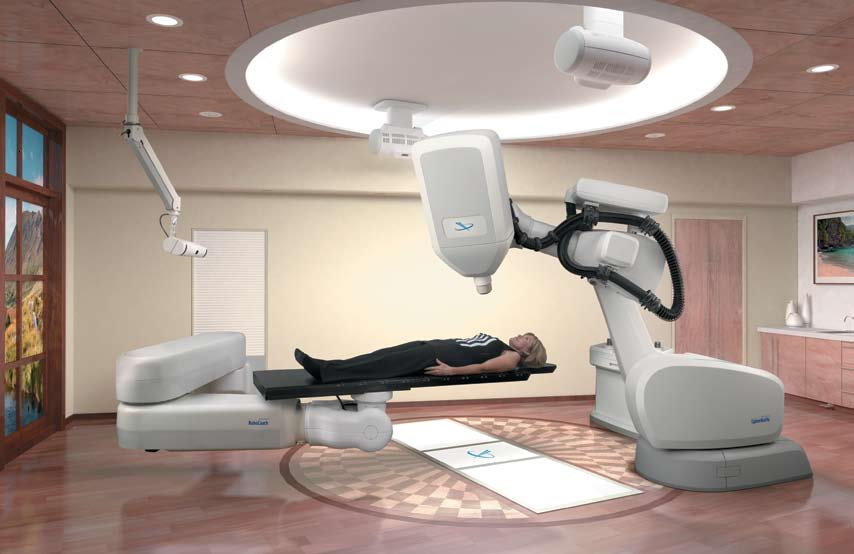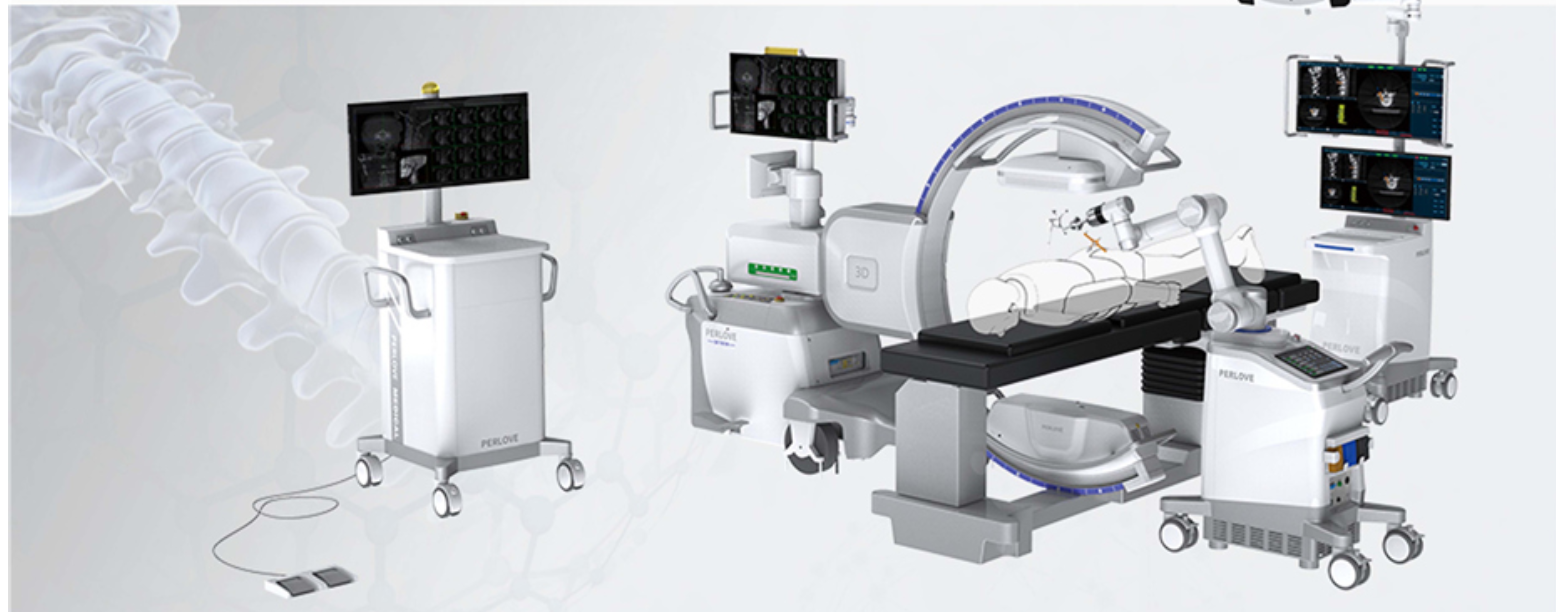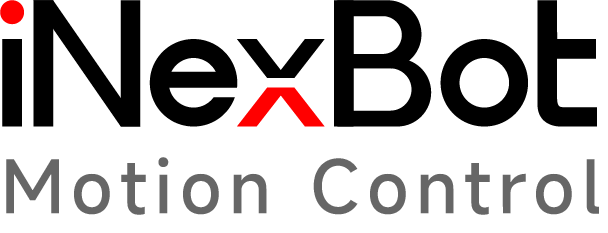Medical Robot
Robotic control technology is increasingly being applied in the fields of medicine and surgery, including:
- Professional rehabilitation application
- Minimally invasive surgery
- Intraoperative radiation therapy
- Intraoperative radiation therapy
- Orthopedic surgery and non-contact skeletal therapy
- Orthopedic surgery
- Angiography and hybrid surgical systems
- Cosmetic surgery
Robotic Therapy Bed
With the introduction of radiation therapy, tumor treatment has begun to rely on precise robotic-assisted control technology to achieve accurate patient positioning. Proton therapy is the most advanced non-invasive tumor treatment method in the world today.
The robotic therapy bed (manned system), with a load capacity of up to 300 kg, is used as a patient positioner in proton therapy centers, achieving an endpoint accuracy of less than 0.5mm. The precise algorithms and error compensation techniques developed by iNexBot in this field have realized the localization of this equipment, which is currently being used in multiple proton therapy centers.

X-ray/CT Center
Using articulated robots instead of C-arm X-ray machines or CT machines can provide higher surgical precision and achieve 3D imaging directly in the operating room.

Orthopedic Robot
Orthopedic robots can assist doctors in lesion localization, provide preoperative surgical process planning, nail insertion positioning, and surgical visualization guidance using vision technology.
Based on robot simulation and force-control technology, robots can automatically avoid obstacles to prevent surgical accidents.



